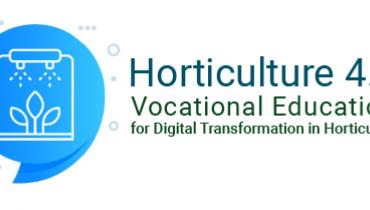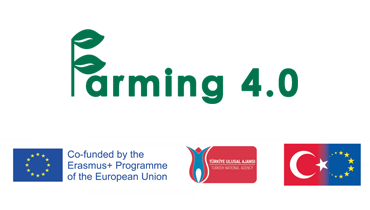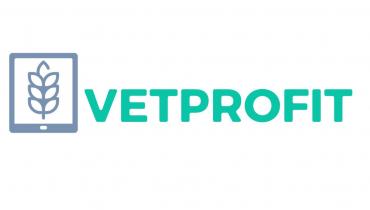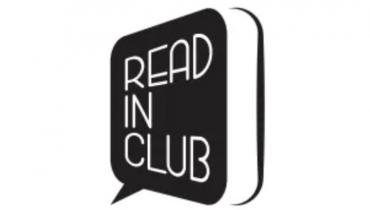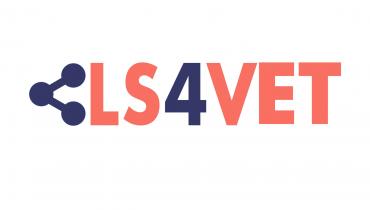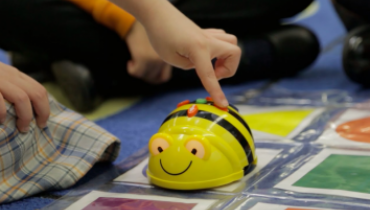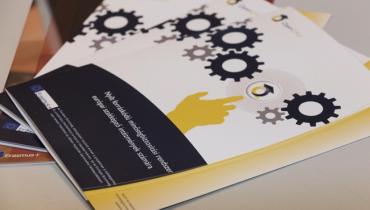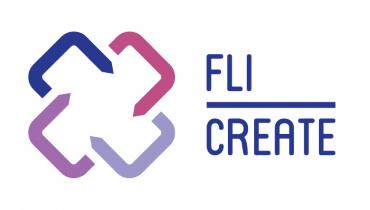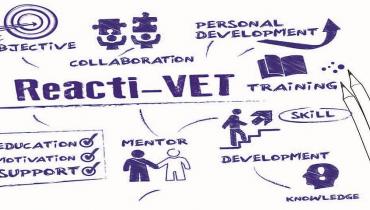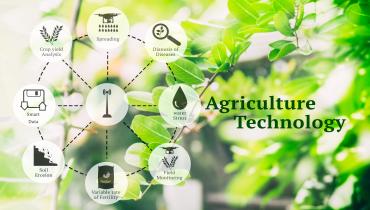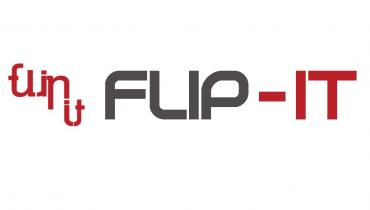Nemzetközi kutatás-fejlesztési projektek
Az iTStudy 2005 óta vesz részt hazai és nemzetközi kutatási-fejlesztési projektekben koordinátorként vagy együttműködő partnerként.
Ezeknek a projekteknek fő témái a 21. századi, tanulóközpontú, innovatív oktatási módszerek terjesztése, az online tanulásban rejlő lehetőségek kutatása, a digitális oktatási megoldások, illetve az egyének digitális kompetenciájának fejlesztése az Európai Unió európai digitális kompetencia keretrendszerében (DIGCOMP) foglaltak szerint.
Több projekt foglalkozik a szakképzés fejlesztésével: az oktatási módszerek megújításával, a tanárok digitális felkészültségének magasabb szintre emelésével, és azzal a céllal, hogy az oktatási intézményekből kikerülő szakemberek minél inkább megfeleljenek az aktuális munkaerő-piaci elvárásoknak.
A nemzetközi projektek véghezvitele során kiterjedt kapcsolatrendszert alakítottunk ki hazai és külföldi közoktatási és felsőoktatási intézményekkel, így a fejlesztések többsége általános iskolákkal, szakképző intézményekkel és egyetemekkel való szoros együttműködésben valósult meg.
A Net Generáció kihívása – Tanárok a hálón 2008-ban indult önálló projekt az EU Bizottság „Best Practice” elismerését érdemelte ki, a 2014–2018 között a szakképzésben dolgozó pedagógusok és intézményvezetők számára megvalósított OpenQAsS Erasmus+ projekt pedig – amely az EQAVET rendszerhez illeszkedő intézményi minőségmenedzsment rendszer kiépítéséhez, az iskolai minőségkultúra fejlesztéséhez nyújt segítséget – a Tempus Közalapítvány nívódíját is elnyerte.
The main project foundations is to develop and implement a specifically designed curriculum for ICTs for agricultural purposes and the knowledge and skills for delivering this curriculum through VET.
The overall aim of the FliCREATE - Flipped Creative Awareness Teaching - (2019-1-IT02-KA201-063149) project is to improve the school performance of European students through more effective pedagogical methods that facilitate personalization, are based on the use of digital technologies and help learners. creativity and problem-solving skills development.

